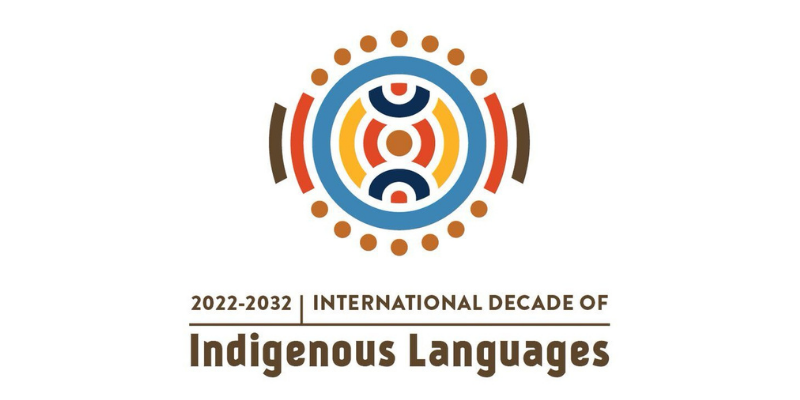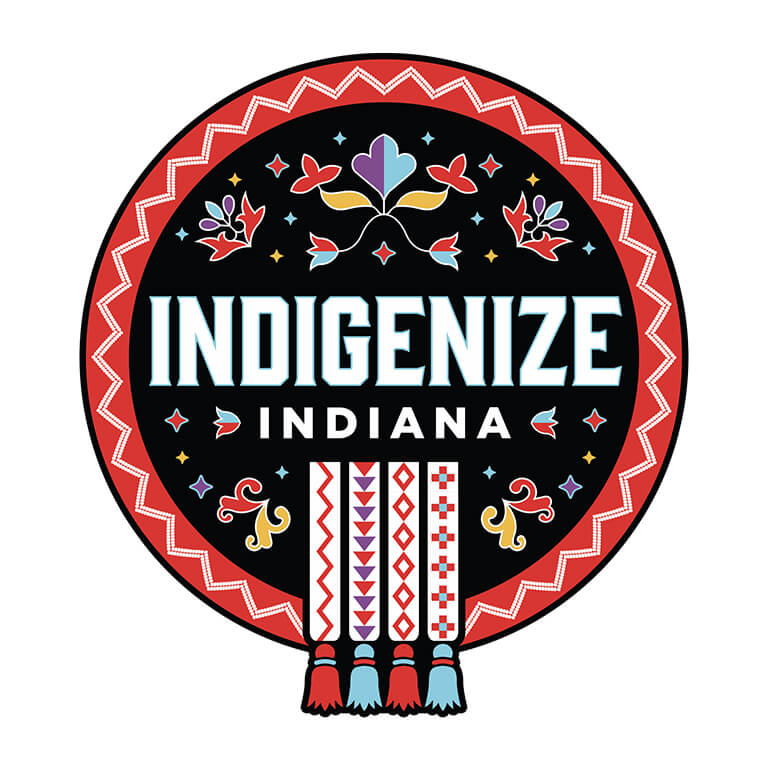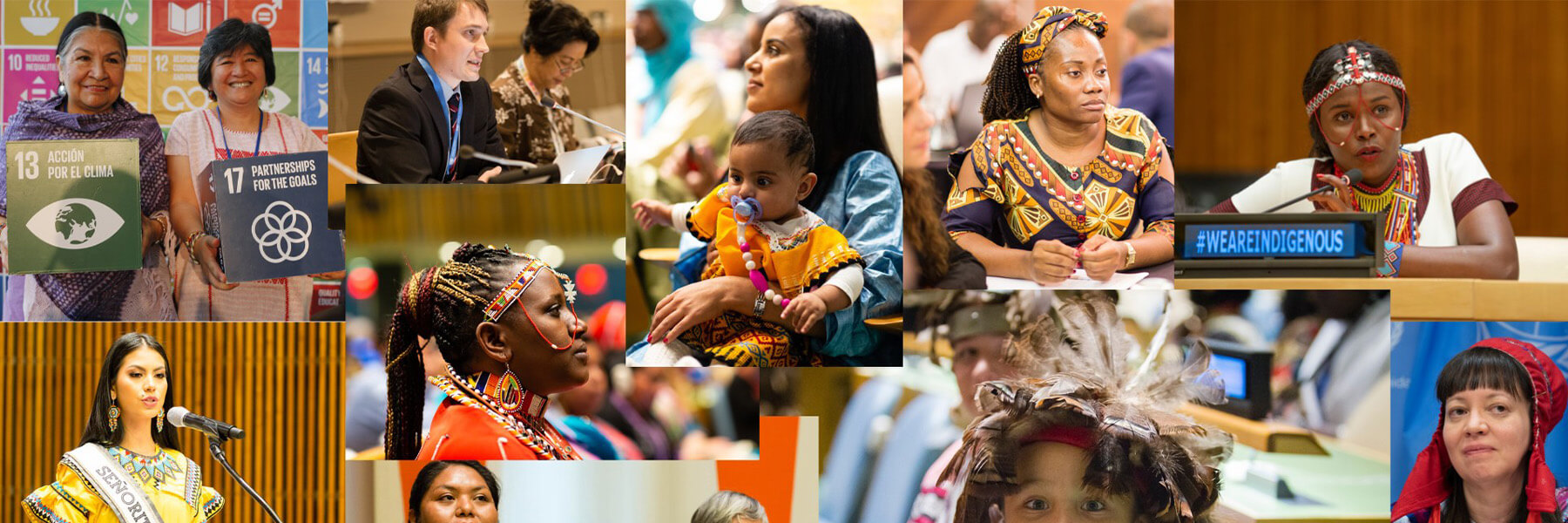Across the globe, ethnic minorities and Indigenous communities have consistently strived to protect their rich cultural heritages and linguistic nuances from the influences of colonial powers, expanding nation-states, and the homogenizing impact of globalization. This collective effort is increasingly recognized, highlighted by the initiation of UNESCO’s “Indigenous Languages Decade” (2022-2032) (https://en.unesco.org/idil2022-2032). The imperative acknowledgment is that Indigenous languages, along with the intricate knowledge systems interwoven within them, stand as crucial pillars for preserving both biological and cultural diversities.
About Global Indigenous Studies Network
The protection and advocacy of linguistic diversity emerge as fundamental endeavors, playing a pivotal role in not only upholding cultural heritage but also in augmenting the overall potential, agency, and local governance of native speakers contending with endangered languages. This significance is accentuated, particularly in the context of the climate crisis and environmental degradation, where linguistic diversity becomes a linchpin for sustainable responses. The multifaceted role of preserving linguistic variety extends beyond cultural dimensions, serving as a key factor in addressing broader ecological, political, and social challenges. In this intricate global tapestry, the commitment to linguistic diversity becomes an essential thread weaving resilience and vitality into the fabric of diverse communities worldwide, which includes connecting with communities of non-native speakers, displaced by colonialism.

The History of the Network
The idea for the Global Indigenous Studies Network sprang from a speaker series, “Indigenous East Asia,” in the Fall of 2021, organized by Morten Oxenboell of the East Asian Studies Center. The program quickly snowballed into one with a global perspective through the involvement of the seven National Resource Centers in the Hamilton Lugar School of Global and International Studies. The Global Indigenous Studies Network aims to bring together scholars, activists, and policymakers to address questions of Indigeneity from various disciplinary and regional perspectives, as well as larger issues of identity formation, social agency, cultural resilience, and ethnicity in global and national policies.
In 2022, Morten reached out to Serafín M. Coronel-Molina to brainstorm about this endeavor. Their numerous conversations resulted in the sharing of substantive information and the rapid creation of a basic website to host this new initiative, as well as the organization of the Global Indigenous Studies Inaugural Workshop (in person and online). After this very successful workshop, Morten decided to step down as coordinator of the Global Indigenous Studies Network, upon which Serafín took over leadership in 2023. In order to give more visibility to the Network, an international conference, the First Conference on Global Indigenous Studies from Multiple Perspectives, will be held November 15-17, 2024, at Indiana University.

Land Acknowledgement
We wish to acknowledge and honor the Indigenous communities native to this region and recognize that Indiana University Bloomington is built on Indigenous homelands and resources. We recognize the myaamiaki, Lënape, Bodwéwadmik, and saawanwa people as the past, present, and future caretakers of this land. For more information, please visit the IU First Nations Educational & Cultural Center.


